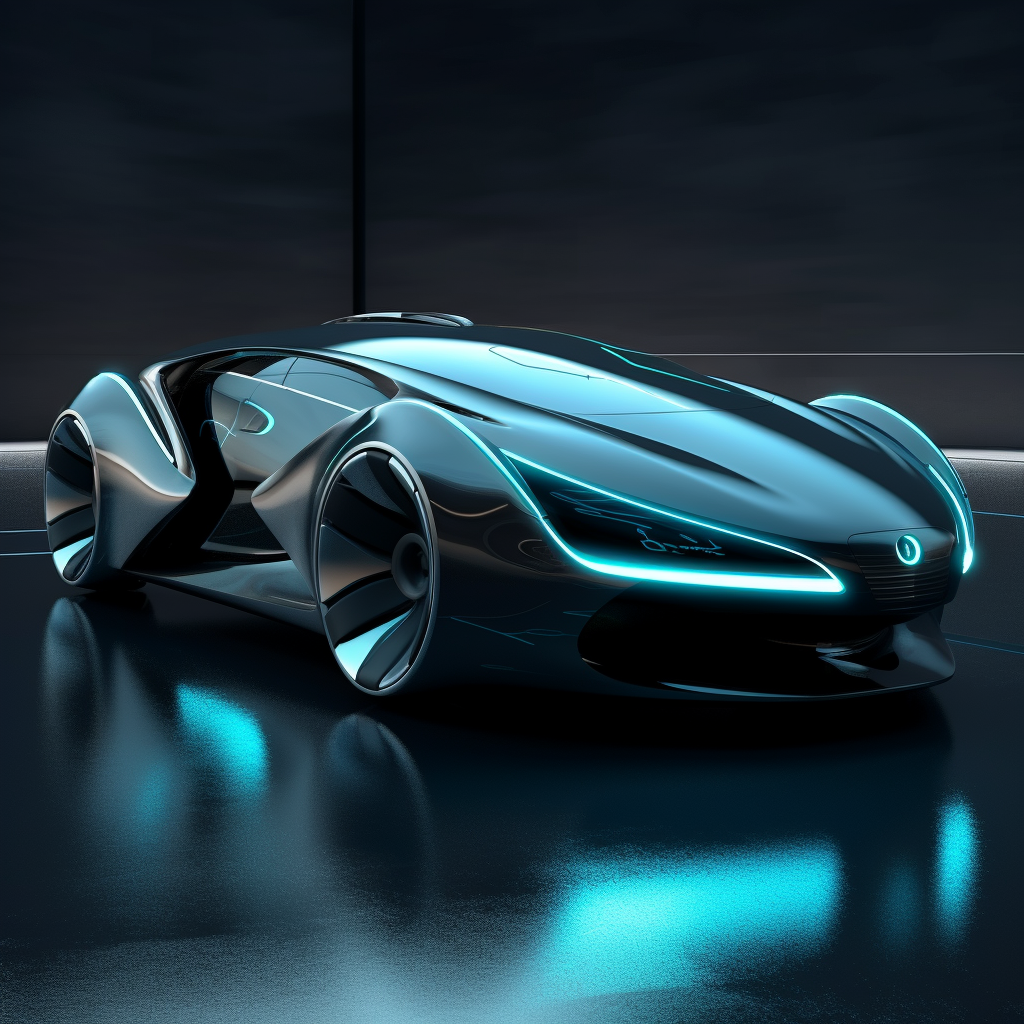A Study on driving Conventions.
Conventions
A custom or a way of acting or doing things that is widely accepted and followed. Cultural constraints are conventions shared by a cultural group.
In Interation
A convention is a constraint in that it prohibits some activities and encourages others. Physical constraints make some actions impossible: there is no way to ignore them. Logical and cultural constraints are weaker in the sense that they can be violated or ignored, but they act as valuable aids to navigating the unknowns and complexities of everyday life. As a result, they are powerful tools for the designer. A convention is a cultural constraint, one that has evolved over time. Conventions are not arbitrary: they evolve, they require a community of practice. They are slow to be adopted, and once adopted, slow to go away. So although the word implies voluntary choice, the reality is that they are real constraints upon our behavior. Use them with respect. violate them only with great risk.





Food For Thought
By Don Norman's "Designing For People."
How do you know if the user shares the conventions? Why, with data, of course. This is something that can not be decided by arguments, logic, or theory. Cultural constraints and conventions are about what people believe and do, and the only way to find out what people do is to go out and watch them. Not in the laboratories, not in the usability testing rooms, but in their normal environment.
Now What?
I still hear far too much dogmatism about what people really “want,” what they “believe,” or how they “really” behave, but I see very little data. It doesn’t take much data. My partner, Jakob Nielsen, has long argued that you can get these data at a discount: three to five people will give you enough for most purposes (Nielsen, 1993, 1994). But they need to be real people, doing real activities. Don’t speculate. Don’t argue. Observe.
.
US Driving Conventions
ROAD RAGE
Road rage is the number cause of car accident death in the United States.
TAKE TURNS
Most reasonable Americans are happy to let other drivers take turns merging during high traffic times.
OJ SIMPSON’S WHITE BRONCO
A vivid memory lies within every American’s mind: OJ Simpson's white bronco being chased by police men. In the U.S. there are high speed chases among criminals and police officers.
BREAKING THE RULES
In America, if you break the rules you potentially could get pulled over by a police officer patrolling the area.
EMERGENCY VEHICLES
By law, Americans must pull over for all emergency vehicles and let them pass. Culturally, Americans try and give them more than enough room and time, especially for ambulances.
CAR LIGHTS CAN TALK
Americans flash their lights at night to let you know either your brights are on, your lights aren’t on period, or a police man is lurking down the road.
STRONG RESPECT FOR LANES
While changing lanes is common, especially in metropolitan areas, straddling the lane is absolutely not acceptable.
HONKING
Americans honk to:
1) say hello
2) show displeasure in another driver
3) let the driver in front of us know when a light is green
PEDESTRIANS
In crosswalks, Pedestrians always have the right of way. Maybe Americans feel bad for those walking and biking, so we let them go a head.
HIPPY HYBRIDS
Generation Y is increasingly concerned with their impact on the environment. Six in ten members of Gen preferred hybrid vehicles.
RIGHT HAS THE RIGHT OF WAY
This is worked into laws, but can be especially confusing on back roads with 2-way stops where the cars are stop- ing are on the right.
LIVE STOCK
While Idaho law states that live stock has the right of way, many Americans especially in rural areas have unintentionally hit livestock with their vehicles.
Saudi Arabia Driving Conventions
FREE FOR ALL
Saudi Arabia has some very large cities, with extremely heavy traffic. There are many drivers who do not mind pay- ing fines for speeding, so they break the rules they please as a status.
.
NO FEAR
According to the World Health Organization, Saudi Arabia has the world’s highest number of deaths from road accidents.
MONEY MONEY MONEY
Saudi Arabia has become on the the wealthiest nations in the world. It is common to see young men driving cars worth over 100 k, which means they are fast and inexperienced.
PRAYER TIME
During prayer time, drivers are expected to pull over to participate in prayer.
HIRED DRIVERS
Women specifically need either a family member who is male, or a hired driver to run errands.
Driving is not the only convention to consider.
Originally, Saudi Arabia was a nation did not allow women to drive due to the idea that they want to protect women from hurting their reproductive organs.
Not understanding conventions could literally cost your life in the middle east. The culture is intertwined with the Muslim religion, and there is no difference between “church and state.” Essentially, the police are religion police. The nation enforces cultural ideas, more than it relies on actual law. Saudi Arabia is the perfect example of conventions ruling everyday life.
Driving is so much different between our nation and theirs because the culture is so much different. Driving wouldn’t be the only major culture adjustment for Americans, however as Saudi Arabia has enforces culture on those visiting.
WHAT DOES THIS TELL US ABOUT CONVENTIONS?
Conventions can mean everything, yet is the most difficult for humans to grasp. Our personal cultures are part of us, we carry them with us wherever we go, that is why it can be so hard to understand other cultures. Conventions are also strong enough to get people to do things, and it can be used for good. Depending on who the design is for, conventions can either make the user process extremely easy, or give the user an uneasy feeling that they might be doing something momma might not be proud of.
Conventions are engraved in us as children. Kids are smart, they act out what they see. Culture does not change overnight. Designing for the changes we hope for does not make the changes happen.